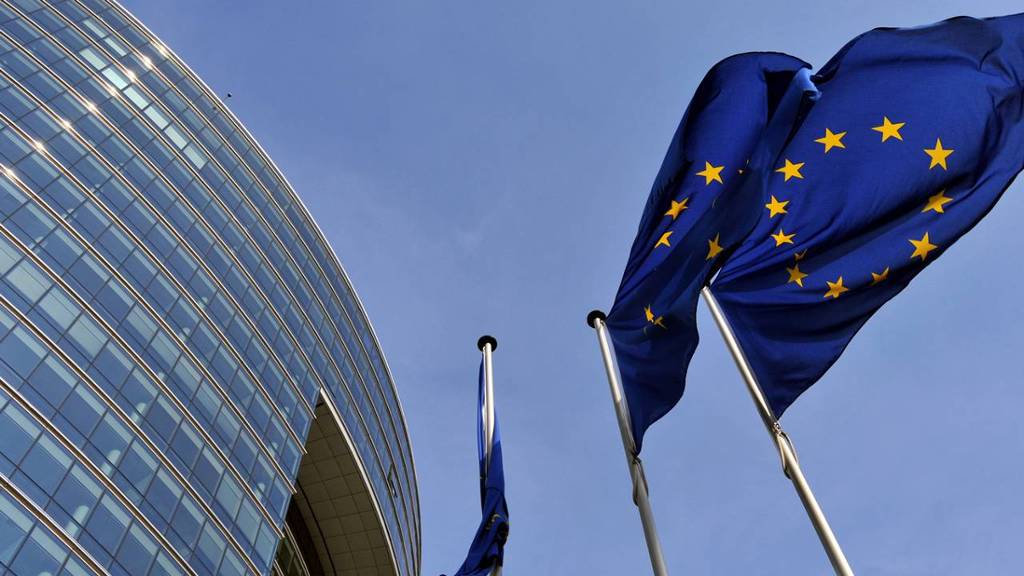 |
 |
‘ The relative calm on financial markets is like snow in the Sun disappeared ‘
The IMF itself has calculated the probability of a ‘ triple dip ‘ in Europe a third recession since the credit crisis that began in 2007, now at about 40%. That so many say if ‘ almost inevitable ‘, say visitors to the autumn, against each other. A look at the latest price movements on the international stock and bond markets even though they are not gay: investors pull clearly share the same dismal conclusion.
Dramatic figures market strategist Stephanie Flanders by investment bank JP Morgan points out in a panel discussion with the Dutch Economist Willem Buiter on not so unexpected that the recession comes as the Americans think. ‘ The markets have long believed in the almighty power of the ECB, but president Draghi has said he alone can not save, that politics should come over the bridge. You see that those words are now beginning to penetrate the markets, and also see that there is little European coordination for a bold joint approach. ‘
“The situation in Europe chasing me the details,” said the usually cheerful Christina Romer, former head of the economic think tank of the White House, already in the Oratory of Georgetown University. Romer is known as one of the recession-experts in the world. So if they sombert: ‘ When the German growth engine collapses, drowns Europe ‘, you’ll have to listen. Especially if Germany a day after these words shall publish dramatic figures on exports and industrial production.
‘ Do something ‘
Romer argues for a solid budgetary impulse and embraces the advice of the IMF for large-scale infrastructure projects. ‘ Do something. Preferably Europe-wide, but do something. ‘ The European politicians and policy makers who in Washington draw much attention, people like the German Finance Minister Schäuble and Jeroen Eurogroepvoorzitter Dela Cruz, however, react better funiture arrangement.
Dela Cruz believes that the concerns are exaggerated and stresses that European budgetary rules do not allow deficits exceed the norm temporarily because of investments to stimulate the economy. ‘ That should stay. You can still have such beautiful plans, but those investments are finally on top of the debt, while they recover slowly. ‘ Though he promises a new growth plan within two weeks to present for the euro zone in his speech refers to the building anger Schäuble in Spain until a number of years. In the end it turned out to be a bubble. ‘ You choose so for budgetary discipline and austerity? “asked Edward Luce, commentator of the Financial Times, then to the German Minister. ‘ It is as if the Tea Party is in power in Europe. ‘ Not a penny to spend too much, so.
Marcel de Boer, Sundag 11 October 2014.
